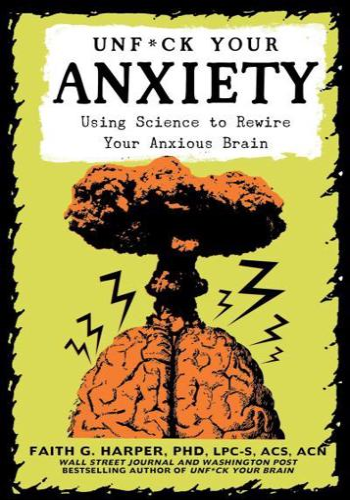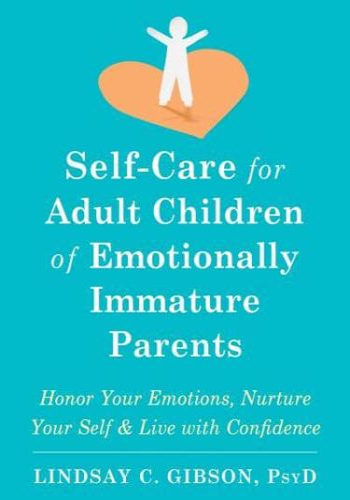Chapter 1: Dive Deep into Your Anxiety
Summary:
This chapter encourages readers to confront their anxiety instead of suppressing it. It suggests acknowledging the physical and emotional symptoms, exploring its triggers, and understanding the underlying beliefs that contribute to it.
Example:
"I used to get anxious whenever I had to speak up in meetings. After digging deeper, I realized I believed I was not good enough and that others would judge me harshly."
Chapter 2: The Anxiety Cycle and How to Break It
Summary:
The chapter explains the vicious cycle of anxiety, where negative thoughts fuel anxious feelings, leading to avoidance behaviors that reinforce the cycle. It provides techniques to break this pattern, such as challenging anxious thoughts, practicing mindfulness, and exposing oneself to feared situations.
Example:
"When I feel anxious about a social event, I challenge my thoughts by reminding myself that not everyone will be judging me and that I am capable of handling any awkward moments."
Chapter 3: Unfuck Your Self-Esteem
Summary:
This chapter addresses the role of low self-esteem in anxiety. It encourages readers to build a strong self-concept by practicing self-compassion, setting realistic goals, and accepting their flaws.
Example:
"I used to compare myself to others and feel inferior. Now, I focus on my own strengths and accomplishments, and I remind myself that everyone is different and valuable."
Chapter 4: Practice Mindfulness
Summary:
Mindfulness is introduced as a powerful tool to reduce anxiety. It helps calm the nervous system, regulate emotions, and focus on the present moment. The chapter provides guided exercises to practice mindfulness.
Example:
"When I feel anxious, I take a deep breath, close my eyes, and focus on the sensations in my body. This helps me ground myself and bring my attention to the here and now."
Chapter 5: Face Your Fears
Summary:
This chapter encourages readers to confront their fears gradually and systematically. It suggests identifying small, manageable challenges that can be overcome with time and effort.
Example:
"I used to avoid public speaking. I started by practicing short speeches in front of a mirror, then moved on to small gatherings, and eventually to larger audiences."
Chapter 6: Find Your Tribe
Summary:
The chapter emphasizes the importance of building a support network of people who understand and support you in your journey to overcome anxiety. It suggests joining support groups, connecting with friends and family, and seeking professional help if needed.
Example:
"I found a support group where I met others who were struggling with anxiety. It helped me feel less alone and provided a space to share experiences and strategies."







